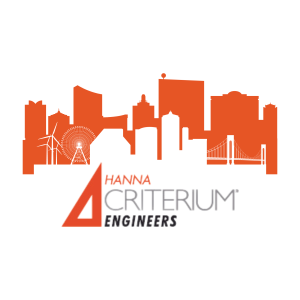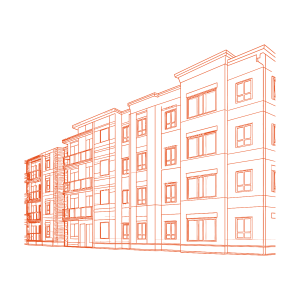Transition Study for a HOA in New Jersey – A Comprehensive Guide
Homeowners Associations (HOAs) play a crucial role in maintaining the value and desirability of a community. In New Jersey, where residential communities often feature complex amenities and shared spaces, the transition from developer to homeowner control is a critical phase. This article delves into the concept of a transition study, outlining why it’s essential, the process involved, and best practices for New Jersey HOAs undergoing this pivotal change.
Introduction to NJ Transition Studies
A transition study, also known as a developer turnover study, is an assessment conducted to identify any construction deficiencies or financial discrepancies before the control of the HOA is transferred from the developer to the homeowners. It’s a crucial step in ensuring that the community’s assets are protected and that homeowners are not left with unforeseen liabilities or expenses.

The Importance of Transition Studies in New Jersey
- Identifying Construction Deficiencies: Early detection of construction issues or non-compliance with applicable codes can save the HOA significant costs in repairs and legal fees down the line.
- Financial Audit: A thorough review of the HOA’s finances ensures that the developer has adequately funded reserves and that all financial transactions are transparent and accounted for.
- Legal Compliance: Ensures that the development is in compliance with state laws, local ordinances, and the governing documents of the HOA.
The Process of Conducting a Transition Study in New Jersey
- Assembling the Right Team: The first step involves assembling a team of experts, including engineers, accountants, and legal advisors, who specialize in HOA transitions.
- Physical Inspection: A comprehensive inspection of all common areas and amenities is conducted to identify any construction defects or maintenance issues.
- Financial Review: An in-depth audit of the HOA’s financial records, including budgets, reserves, and expenditures, is performed to ensure fiscal health and compliance.
- Document Review: All governing documents, contracts, and warranties are reviewed to ensure they are in order, legally binding, and beneficial to the homeowners.
- Reporting: The findings from the study are compiled into a detailed report, highlighting any issues and providing recommendations for resolution.

Best Practices for a Successful Transition
- Early Planning: Start the transition process early to allow ample time for a thorough study and resolution of any identified issues.
- Open Communication: Maintain open lines of communication with the developer, homeowners, and the transition team to ensure transparency and cooperation throughout the process.
- Professional Guidance: Engage experienced professionals who specialize in HOA transitions in New Jersey to navigate the complex legal and technical aspects effectively.
- Prioritize Repairs: Address identified construction defects and maintenance issues promptly to prevent further damage and costs.
- Educate Homeowners: Inform the homeowners about the transition process, findings, and any actions required to protect their investment and ensure a smooth transition of control.
Choosing the Right Partner for Your Transition Study
The quality and effectiveness of a transition study largely depend on the expertise and experience of the team conducting it. It’s essential to choose a partner with a proven track record in delivering thorough, insightful transition studies that address the unique needs of your community. Look for firms with:
- Relevant Experience: Expertise in conducting transition studies for communities similar to yours.
- Multidisciplinary Team: Access to professionals across engineering, financial, and legal fields.
- Strong Communication: A commitment to transparent, clear communication throughout the process.

Ask About our Expert Transition Studies in New Jersey
The transition from developer to homeowner control represents a significant phase in the lifecycle of any Homeowners Association (HOA) in New Jersey, marking a shift in governance and responsibility that can set the stage for the community’s future. This process, when done thoroughly and thoughtfully, ensures that the interests of the homeowners are protected and that the community is set on a path toward long-term success and sustainability.
Transition studies are more than just a procedural step; they are a cornerstone in the establishment of a healthy, thriving HOA community that homeowners can be proud to be a part of. With the right preparation, professional support, and a commitment to transparency and excellence, HOAs can successfully transition from developer to homeowner control, setting the stage for a prosperous community life.

